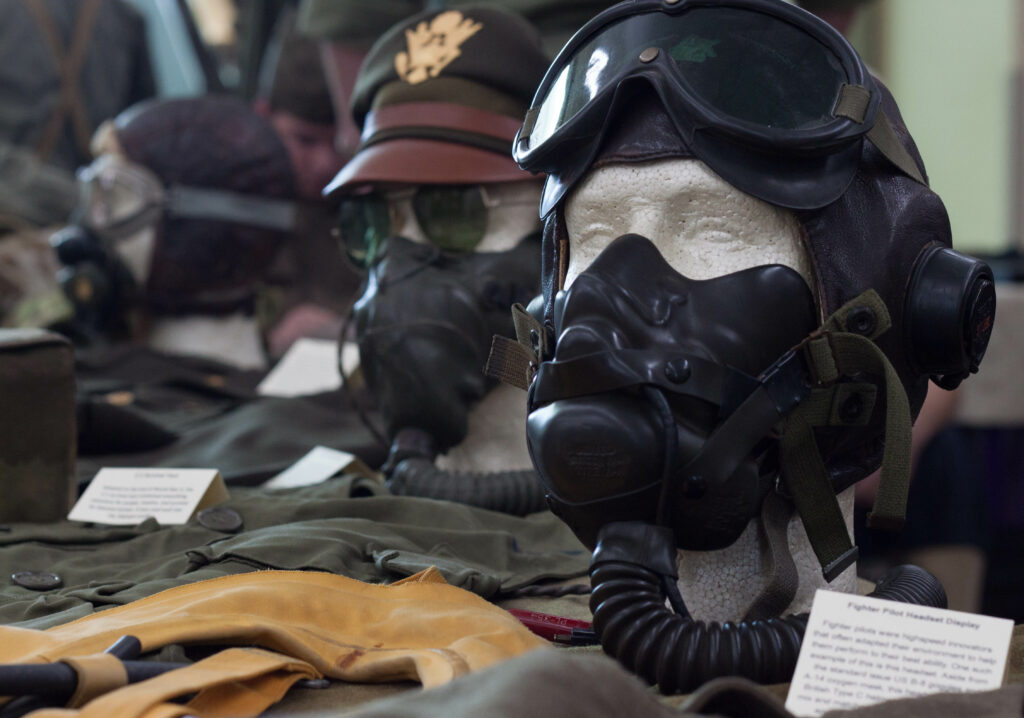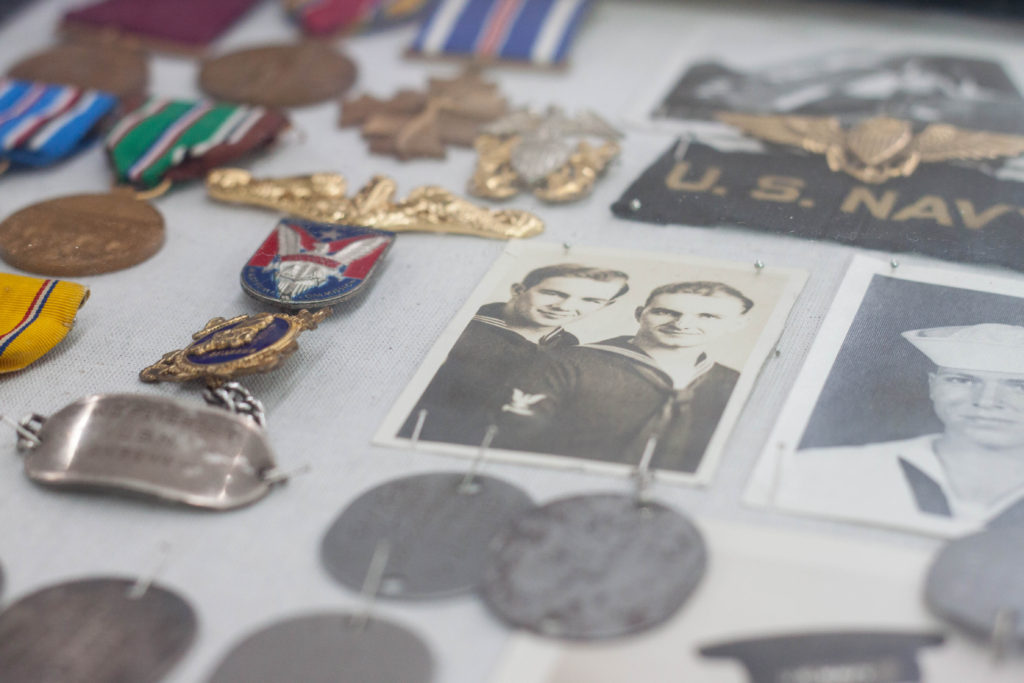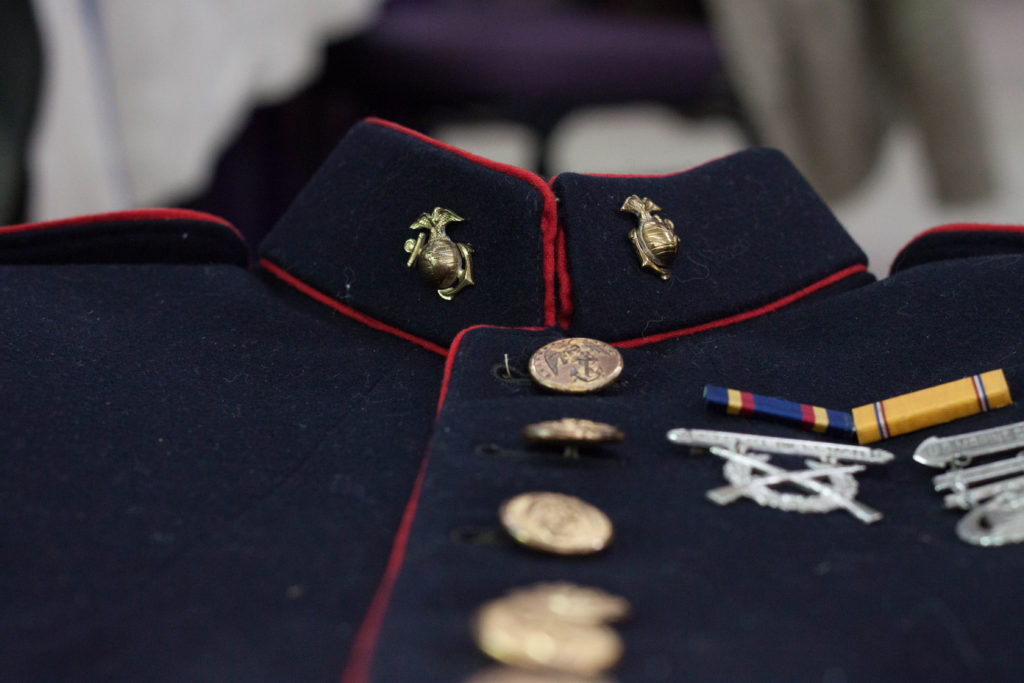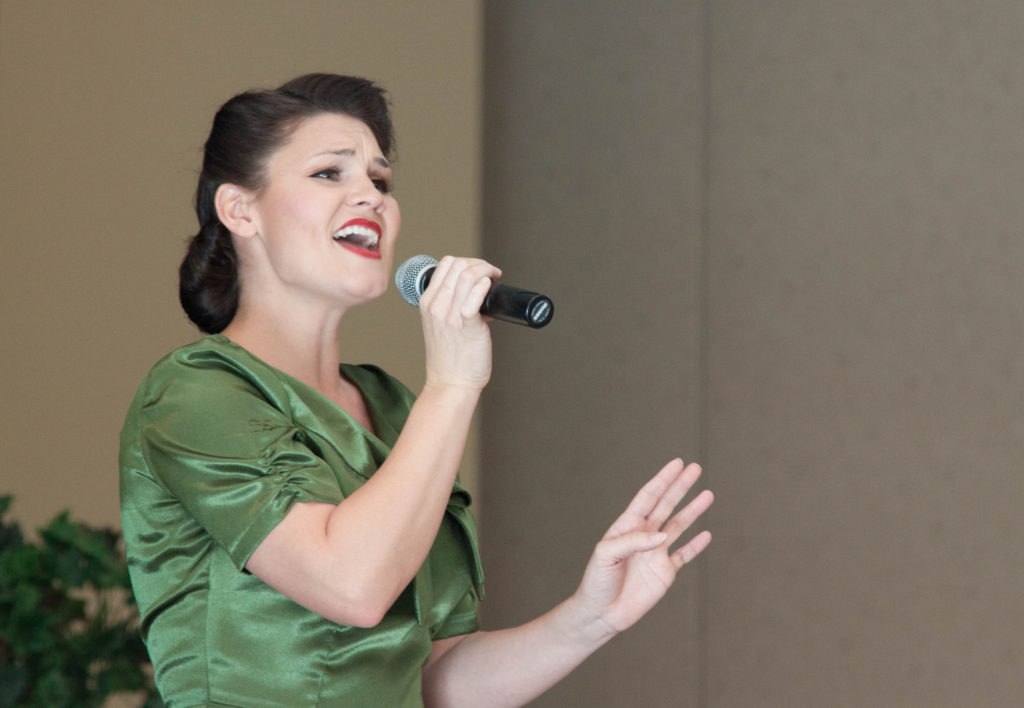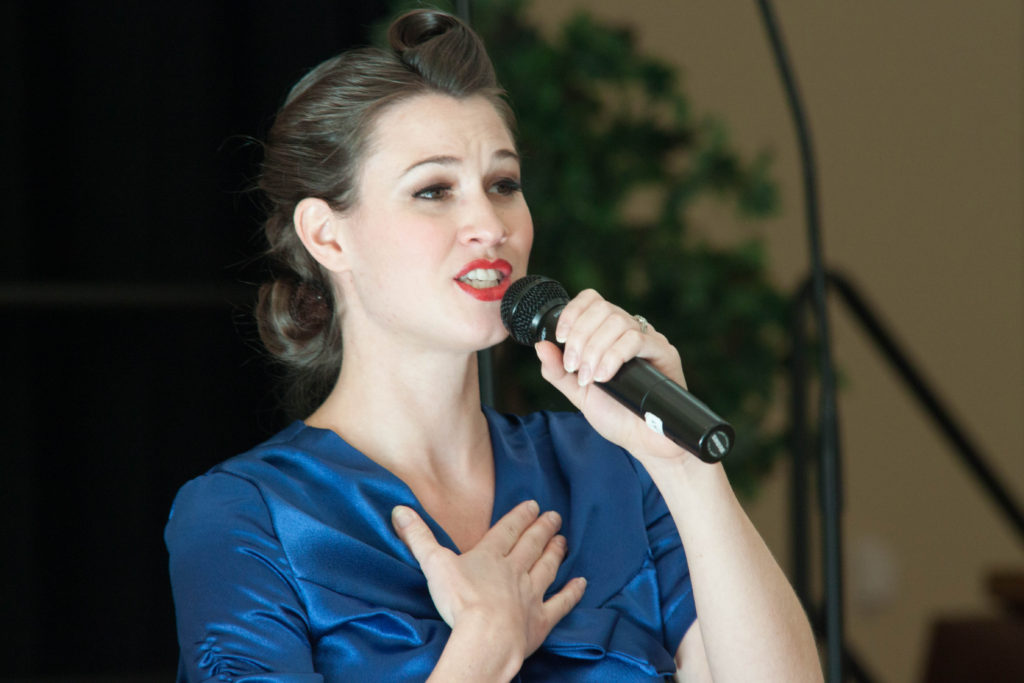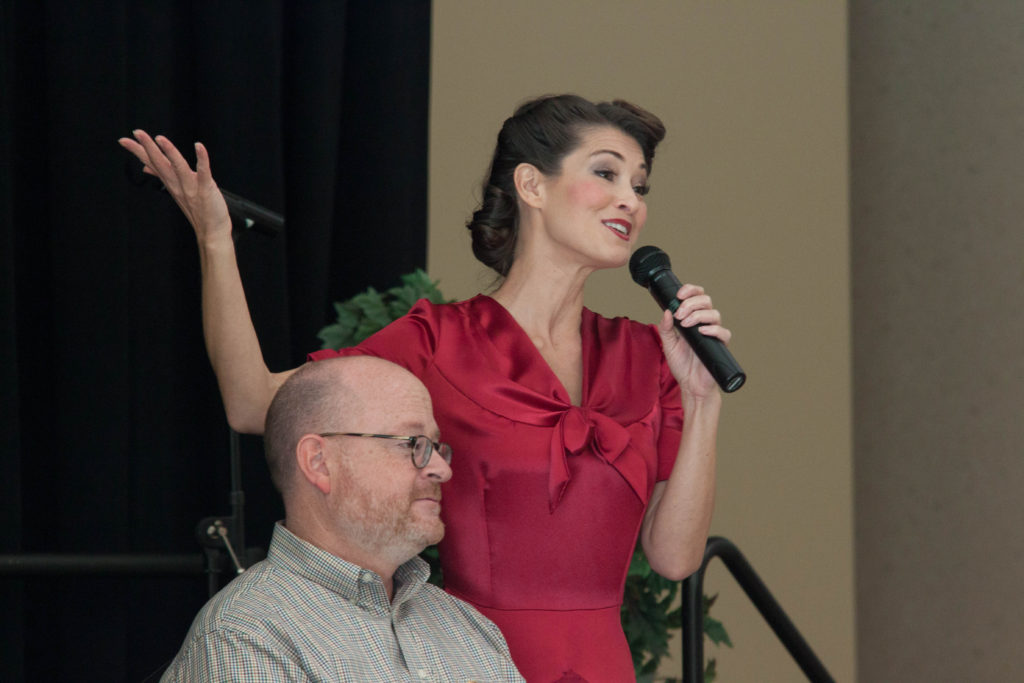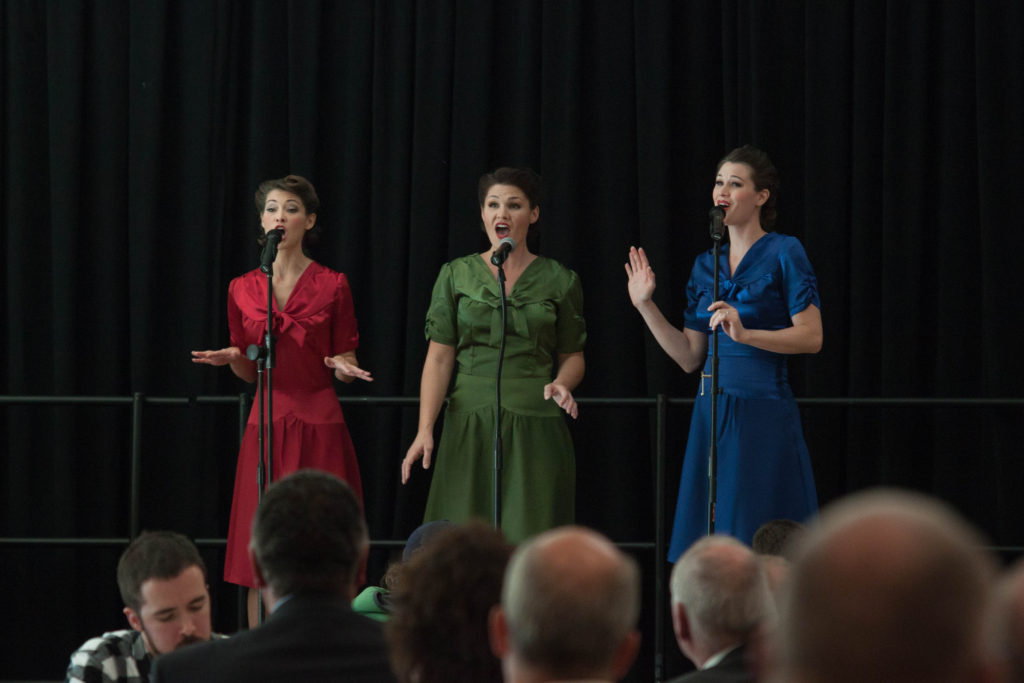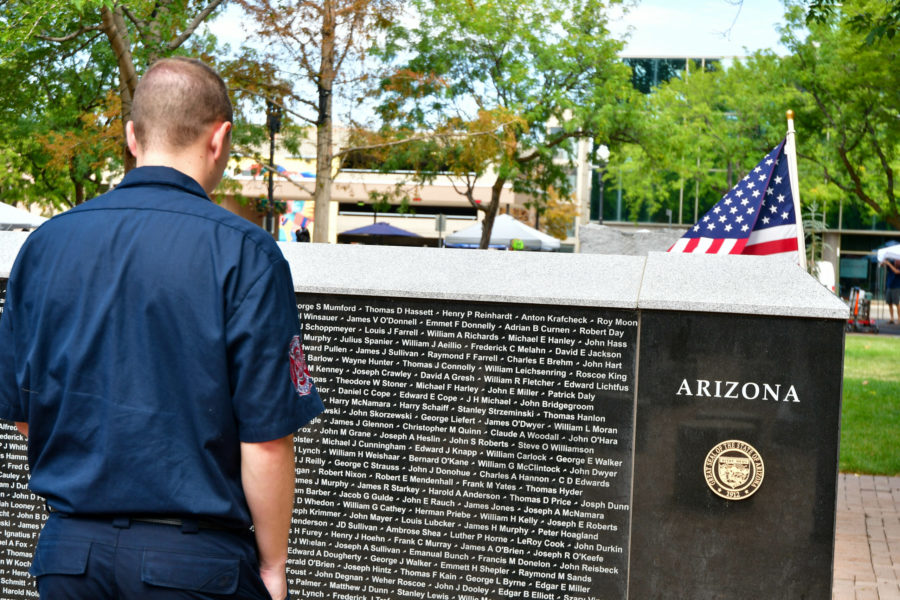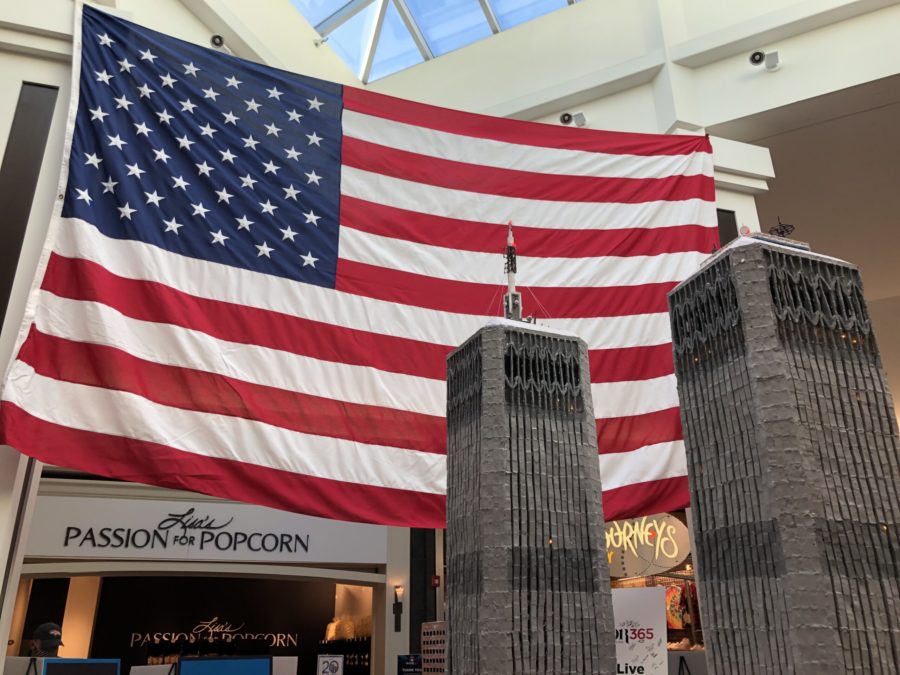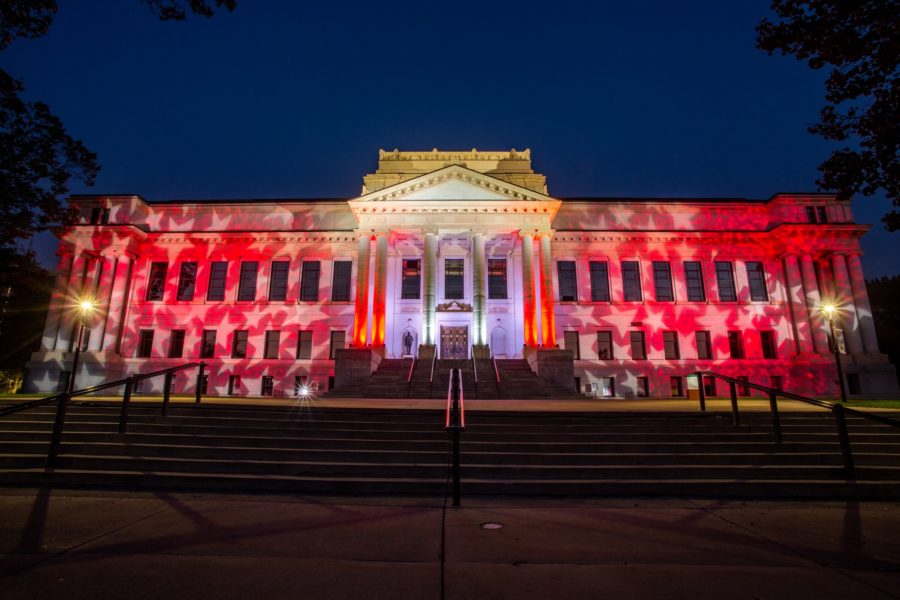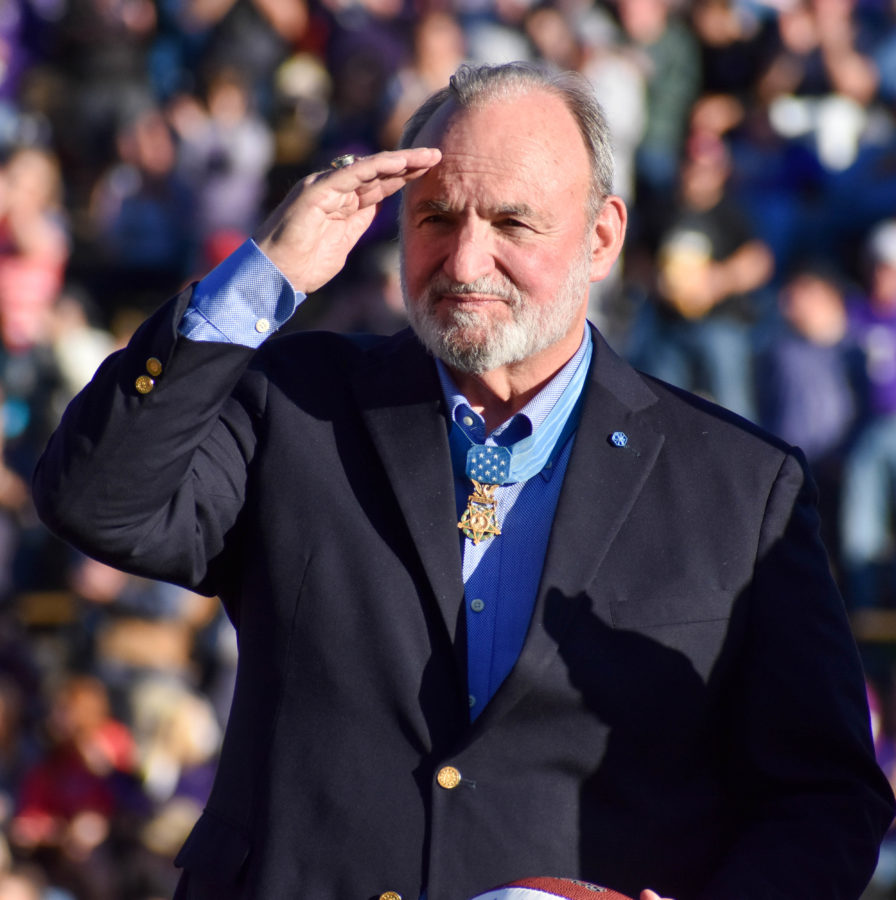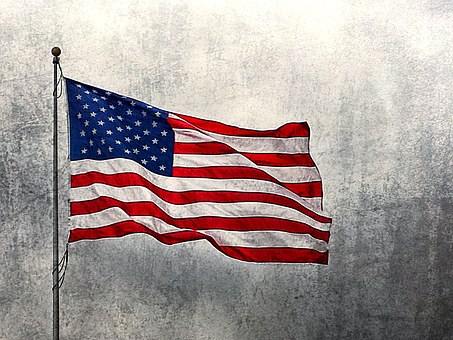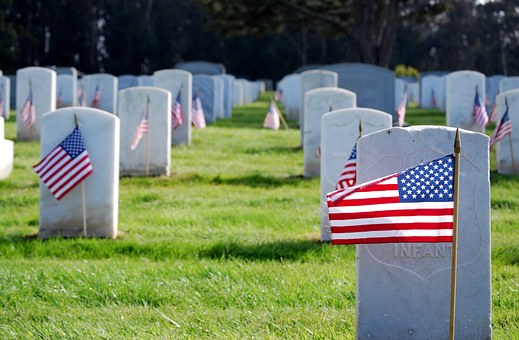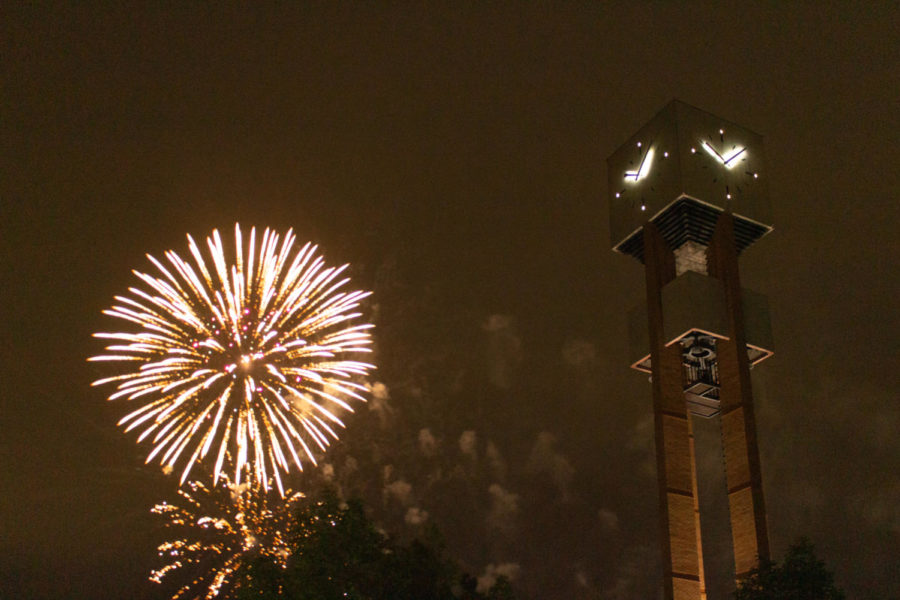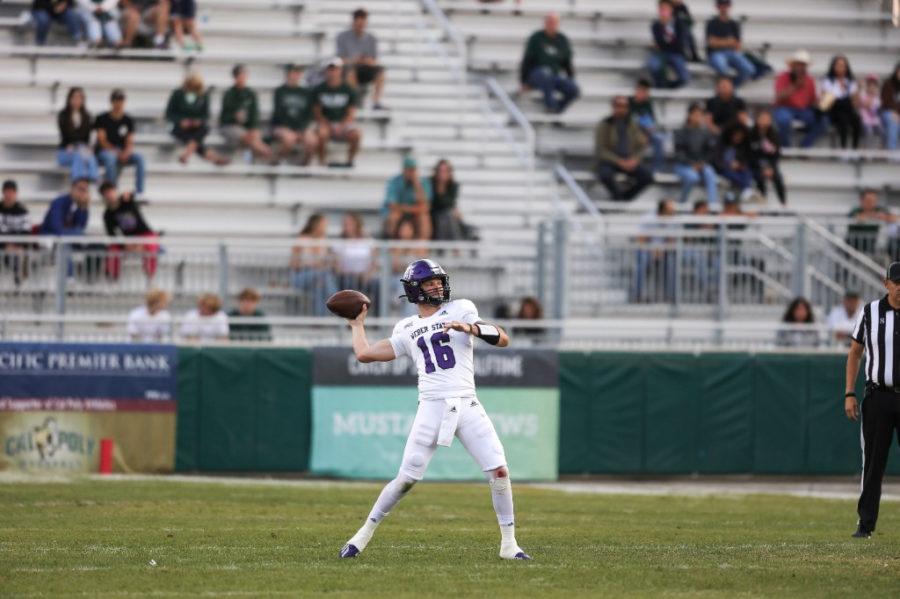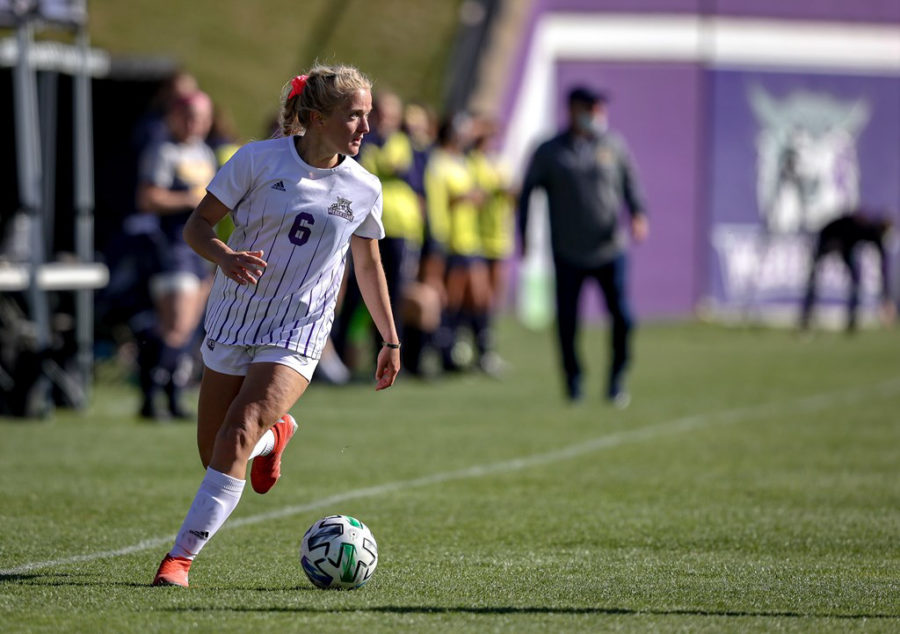Veteran Services coordinator Charlie Chandler sees the problem with understanding history as generational, and “the farther we get away from each conflict, the more we get out of the touch with the people who served at that time.”
To correct this, the services office put together a showcasing of music, medals and wartime memorabilia on Nov. 10 that reflected the emotional highs and lows of American culture throughout the decades.
Veterans and others gathered filled the Shepherd Union Ballroom at 12:45 p.m. for refreshments and live music. Sisters Lisa Benson, Connie Benson-Starks and Julie Benson-Surjopolos performed as the Andrew Sisters, singing 40’s hits such as “Don’t Sit Under The Apple Tree,” “Perfidia” and “Lover’s Lane.”
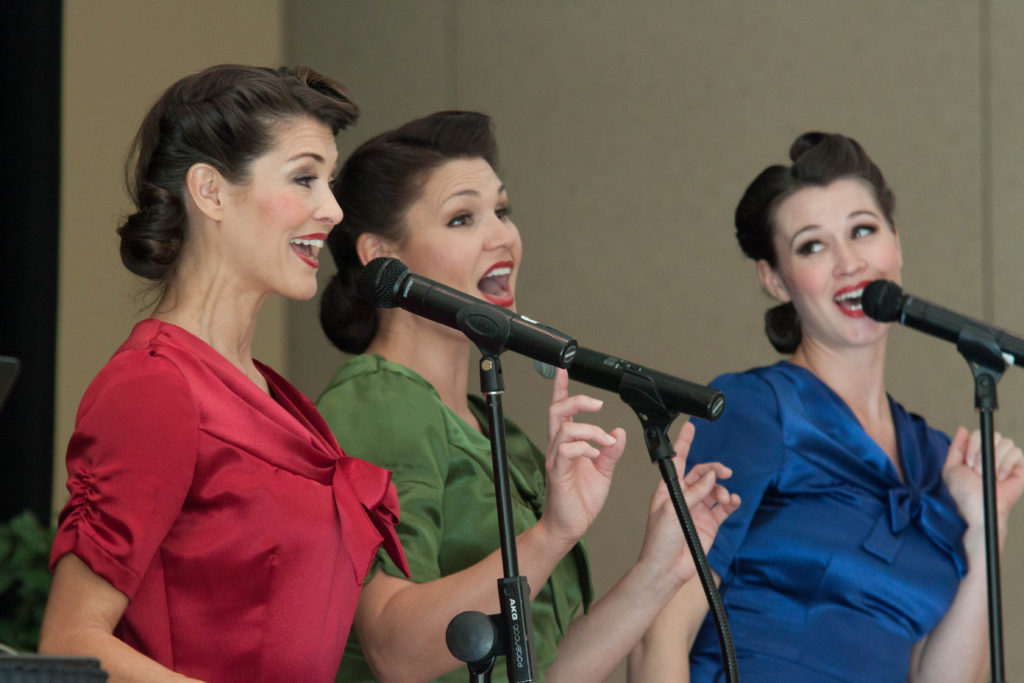
Outside the ballroom, the Utah Military History Group laid out their private collection of World War II military gear in the Shepherd Union Atrium. Army, Air Force, Marine Corps and Navy equipment were sprawled out, containing anything from jackets and headsets to firearms and blades.
Nathan Cragun, a member of the group, remembers one of the first pieces he collected – a set of air force headphones he bought from a gun show at the age of 15. What had once symbolized his desire to serve in the military now serves as a display on a Styrofoam mannequin head.
This is the fifth year the group brought their collection — which is assembled from antique purchases and donations ― to a school. Each of the members stores the items in their homes and brings them out again for the next event.
“It’s gotten to the point where people expect us to come every year now,” Cragun said. “We’ve always been a welcome sight, and every year we try to switch it up with a different set.”
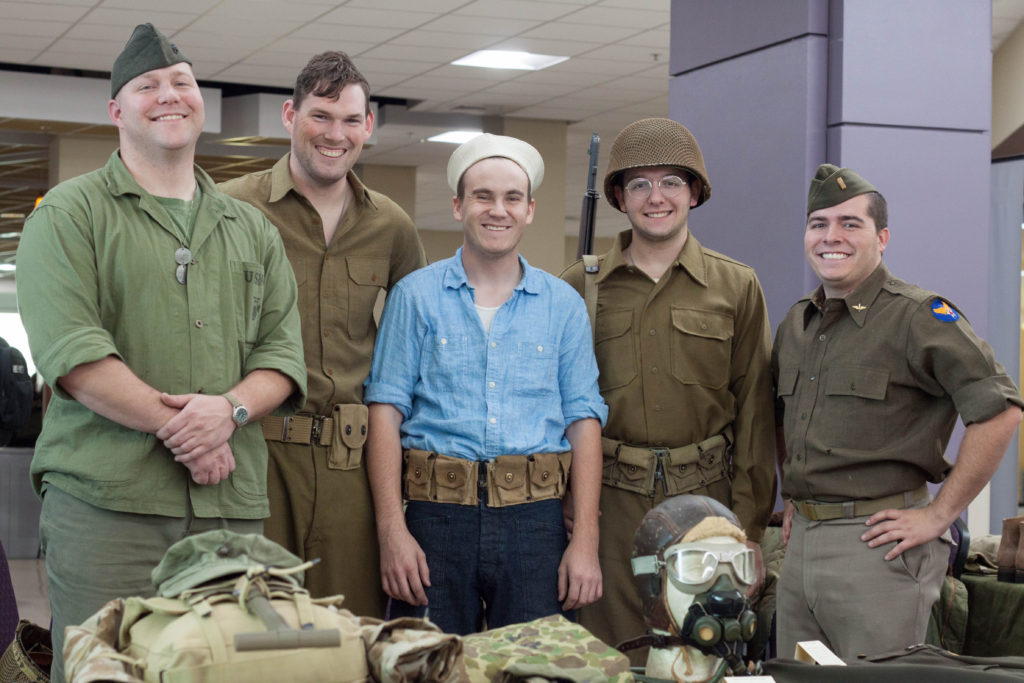
On the other side of the Shepherd Union Atrium, Dee Gibson and Jay Wells — both Vietnam War veterans and survivors of the Tet Offensive — wore their Purple Hearts. They shared the history of the medal with passersby, from it’s inception with George Washington to the the inclusion of non-officers.
Wells, who received three Purple Hearts while serving in the Marines, said it’s the oldest military honor of any country. While the award honors veterans for their service, the wounds that qualified for it still pain them.
“It’s like hell,” Wells said. “Definitely hurts like hell and you don’t want to do it a second time.”
After returning home from combat, Gibson didn’t receive his Purple Heart until much later, when his mother demanded that he recieve one.
“Even though my wounds, I feel, … were rather insignificant, it was definitely (worth it) because I received something.”
According to Chandler, the collection brought together people in a unique way with the opportunity to interact with veterans and antiquities.
“It’s trying to bring a here-and-now to there-and-then,” Chandler said. “It’s just a way for people to get an idea of what it was like.”
